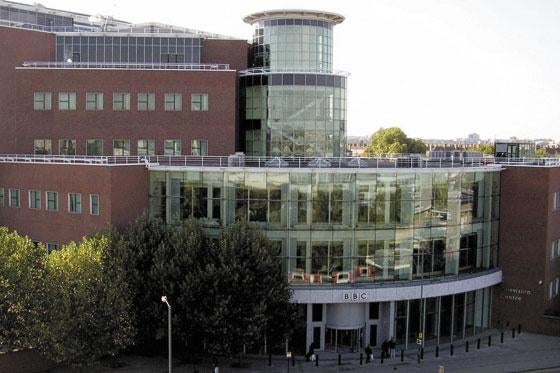
Funding to the BBC should be slashed – especially for its local news output. This may draw gasps from hardcore Auntie fans – but I think it’s the only way forward if we’re to save local newspapers. And here’s why.
The majority of news stories covered by my local BBC South East are lifted from local rags. I know this because in five years of working for a Kent paper they’ve followed up on countless of my stories for their TV and radio shows.
At first, as a newbie to the industry, it was flattering. The phone would ring on publication day and I’d be praised for that week’s splash.
“Hello, it’s so and so from BBC South East. I really liked what you did on so and so and wanted to get their contact details.”
Wow. Someone from that bastion of impartial news, a world leader in its field, thinks a story I spent hours researching, battling with un-cooperative press officers, and door knocking in dangerous streets, is half decent. And they want to broadcast it to the whole of the South East.
I’d hand over the number and start texting everyone I knew about my upcoming, albeit indirect, television appearance. It felt good to be acknowledged by the Beeb – that something I’d busted a gut on was getting the exposure I felt it deserved.
It also felt good the next week, the week after, and the week after that. On average three of my stories were beamed into living rooms across the region every month.
This went on for two years, a practice encouraged by my bosses who insisted the BBC had helped us out with stories in the past and would continue to do so in the future.
But then the “special relationship” turned sour. For once they had a story we didn’t and I called up for the contact details. “Sorry. We don’t give out numbers,’I was told.
I brought it up with my editor and we began to reassess the situation. We quickly realised that each of our journalists had been denied information by the Beeb in preceding weeks. We just hadn’t told each other – until now.
It seemed it was strictly one-way traffic, so we drew our battle lines. Tip-off fees were now to be demanded from the ‘public sector leeches'(as we nicknamed them) and without a written guarantee of cash, they would put down their phones metaphorically empty-handed.
Of my own stories followed up on, many contact details were actually freely available on 192.com – meaning they could have even saved the taxpayers’ cash spent on the phone call by doing that simple check. But that’s symptomatic of the local BBC’s problem – they were too lazy to even bother.
The corporation on an international scale is a formidable force. Its army of journalists research and break its own news stories in an enviable way. But on a local level they inspire a feeling of contempt. It seems the same vast wealth of resources which is put to great use nationally is ploughed in to simply making phone calls to understaffed and stressed-out print newsrooms.
And if the only thing their journalists do is regurgitate what’s been printed in their local papers – then that’s why their budgets need to be seriously trimmed.
I’m not naive enough to think national newspapers don’t lift stories almost word for word to slap on their websites. But national and local newspapers cater for different audiences. The local paper and BBC appeal to the same people. And if someone can save 65p because they know the best bits will be on TV later that night, then they will.
But ultimately the local BBC’s cannibalistic ways will prove self-defeating, because as the newspapers they rip their bulletins from continue to plunge further downwards towards the abyss, there will be less news generated, and less for the local BBC to cover. Let’s just hope it doesn’t get to that.
Email pged@pressgazette.co.uk to point out mistakes, provide story tips or send in a letter for publication on our "Letters Page" blog

